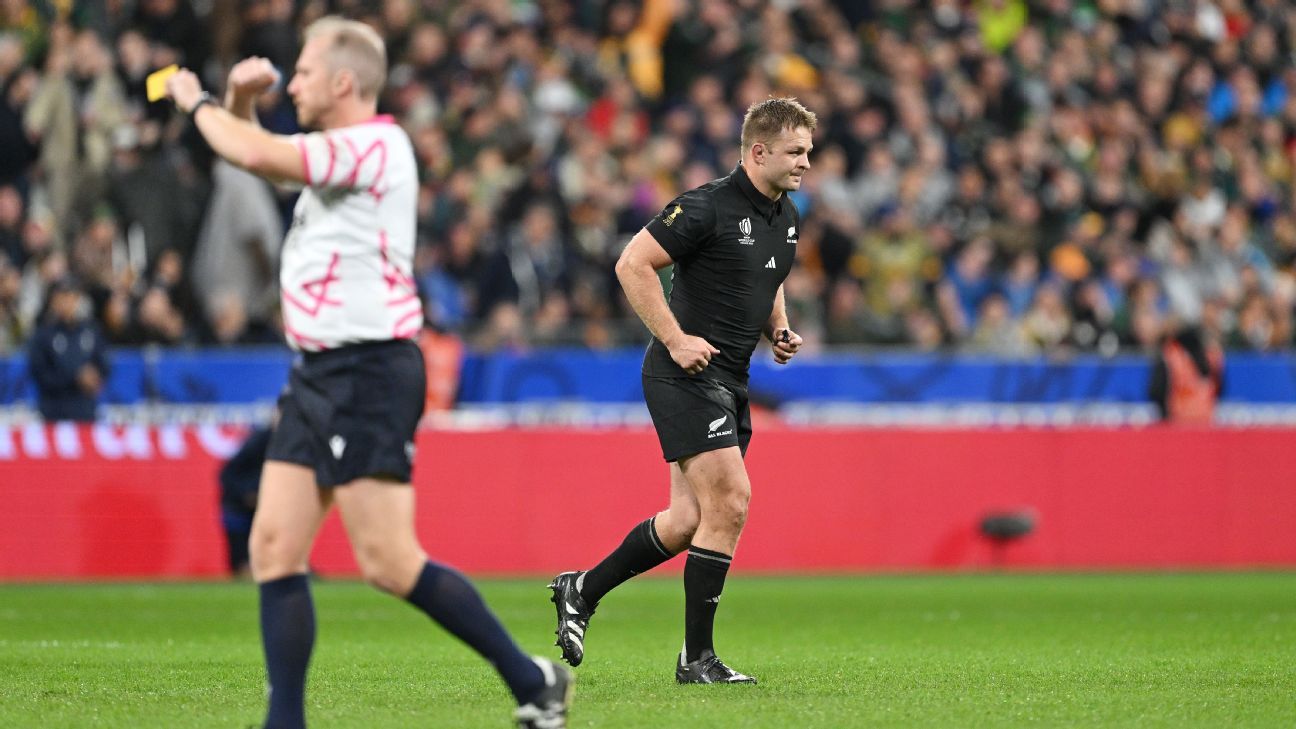I agree with your sentiment, and I'm not trying to pick holes in your argument, but just a few things to consider:
IMHO, apart from the laws being vague and open to too much interpretation, the fact the referees tend to "coach" players to keep the game flowing (which should be a signal that the laws are an issue) rather than penailse, may have or is creating some of the issues. ... Situations like advantage being called and a team deliberately committing another (professional) foul to kill the play is also ridiculous.
As
@PhilClinton said, the complexity of rugby requires an element of 'grey' in the rules - we saw the effects of trying to be too black and white when the revised head contact rules first came in. If deliberate fouls to kill the advantage were outlawed, how would that be enforced? Who's to say whether a knock on, forward pass, etc. was deliberate? If a team with advantage wishes to take the penalty, aren't they within their rights to do so?
Maybe we could learn a lesson from the AFL about the speed and flow of the game and umpire decisions. If an umpire makes a poor call in general play, the decision is made quickly so the play moves on so not allowing anyone to dwell or question a decision. As the game moves on quickly so does the fans attention.
Ironically, along with the pace and flowing nature of the game, I think it's the ambiguity of many rules in AFL that allow for this.
Reducing TMO checks and possibly moving to the NFL system where the head referee does the review themselves (watches a sideline TV screen and directs what vision they want to see) may also be more palatable to fans rather than the current system of the TMO making decisions in isolation.
The referee in the middle being solely responsible for a decision is only going to shift blame, not improve outcomes. The TMO isn't typically making decisions in isolation at present anyway - (good) officiating teams will confer with the TMO, who is providing evidence on the big screen, after which a joint decision is made. Listening to the language used during TMO reviews, as well as talking through decisions, is evidence of this - "reviewing
potential foul play", "are we all in agreement?" etc. Realistically, adding more voices is the only way to reduce the risk of error. If I agree that assistants should be more empowered to provide input, however.

